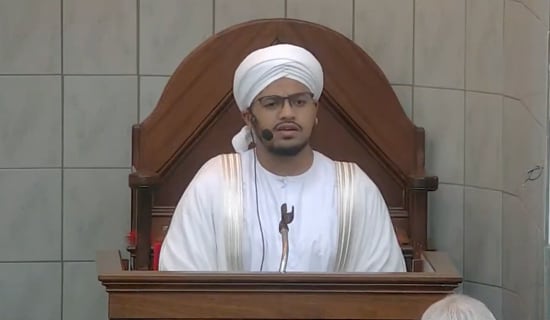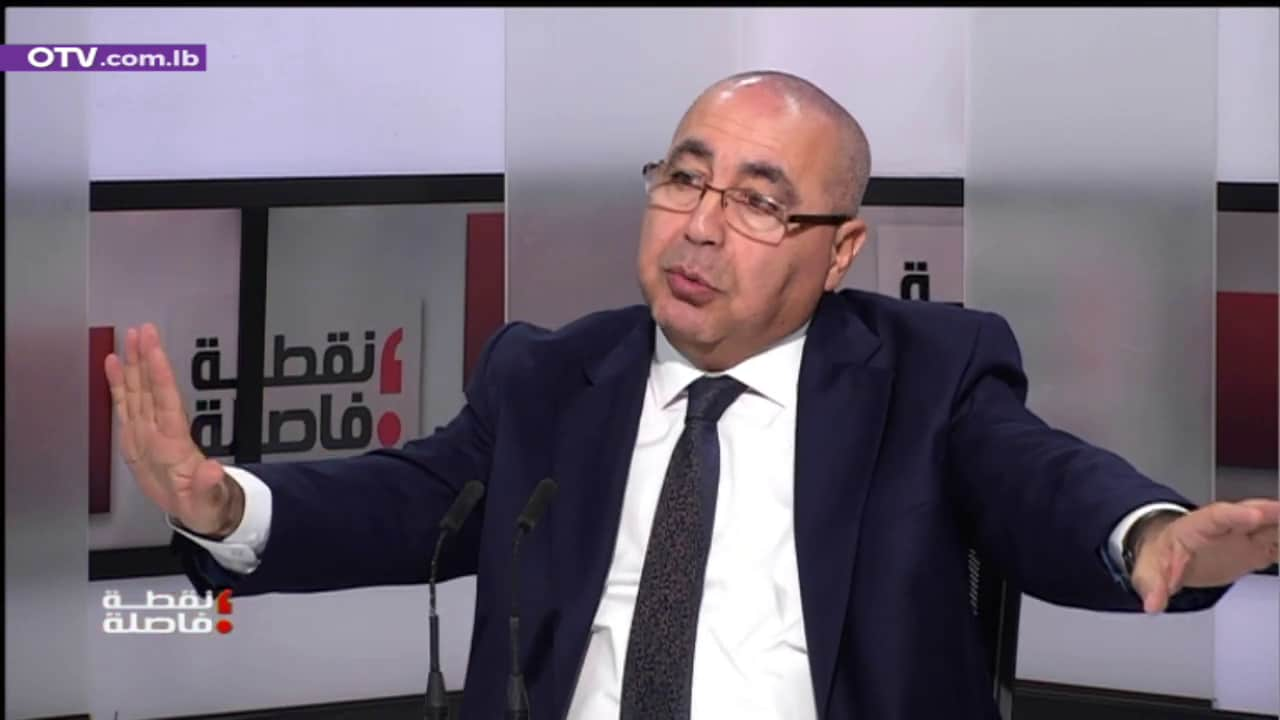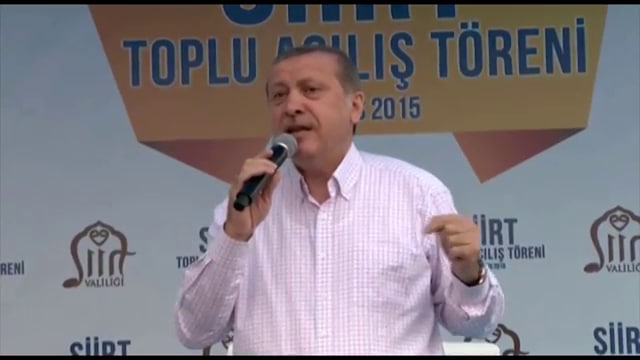
Iraqi Shi'ite militia leader Aws Al-Khafaji, secretary-general of the Abu Al-Fadhl Al-Abbas Brigades, said on April 7, following the U.S.-led missile strike on Syria, that the U.S. and Israel were "the cause of all the problems of the region" and that "if they attack Syria, I have a religious and national duty not to just stand idly by." Defending the PMU's presence in Syria, Al-Khafaji said that if Iraqi PM Al-Abadi forbids us from fighting in Syria, "this would be a mistake of historic proportions" and that "the resistance does not need permission from anyone." The interview with Al-Khafaji aired on Dijlah TV.
Aws Al-Khafaji: "What made the U.S. cross all these oceans, and bring its warships to attack Syria? Don't tell me it was Bashar Al-Assad. Nobody can convince me that Bashar Al-Assad is the problem, just like Saddam Hussein was not the problem in Iraq, and Mu'ammar Qadhafi was not the problem in Libya. Was the American experience in Iraq so beautiful, beneficial, and fruitful that it needs to be cloned in Syria?
[...]
"Nobody asks why [the Americans do this], but when we want to defend our Iraq, it is as if Iraq is on Saturn or somewhere very far from this crisis..."
Anchor: "You defended your Iraq. Nobody stopped you."
Aws Al-Khafaji: "Pardon?"
Anchor: "You defended your Iraq. There may have been some reservations on the part of the international community with regard to the factions of the PMU, but nobody prevented you from fighting. All they tell you is that you are not allowed to do this outside Iraq."
Aws Al-Khafaji: "Why am I not allowed to defend my national security? The U.S. is defending its own interests. What brought the U.S. here? 40 deaths in Douma? That’s what brought the U.S. here? The Americans got upset over 40 people who died in I-don't-know-what circumstances? The international community did not bat an eyelid over what is happening in Burma, where tens of thousands of Muslims have been killed, burnt, and massacred, or over what happened in Sarajevo in the 1920s, or rather, two decades ago."
[...]
Anchor: "So defend your borders. That's your duty. Defend your borders, but don't take factions to fight in Syria."
Aws Al-Khafaji: "I am taking two paths. One path is the defense of my country, and the other path is the defense of my belief. Otherwise, what business do we have in Jerusalem? No Iraqi for the past 10 generations has visited Jerusalem. We have shed blood in Hebron. There is a cemetery there – I don't know how big – for the Iraqi martyrs. What business did we have going there?
[...]
"Now that we are on the brink of war [with the U.S.], there should be a total mobilization..."
Anchor: "But [PM] Al-Abadi did not ask you to mobilize yourselves and prepare for war. Al-Abadi's statement was clear: We will defend our borders and participate in the dialogue."
Aws Al-Khafaji: "The resistance does not need permission from anyone."
Anchor: "The international community will say that the PMU does not abide by the orders of the commander-in-chief of the armed forces."
Aws Al-Khafaji: "I wasn't talking about the PMU. I was talking about the resistance. The PMU is an official entity subordinate to the Iraqi government."
Anchor: "Do you have other fighters except for the PMU?"
Aws Al-Khafaji: "No, we thank Allah and the people of Iraq for fighting injustice..."
Anchor: "If Mr. Al-Abadi prevents you [from fighting in Syria], what will your response be?"
Aws Al-Khafaji: "I cannot tell you. This would be a mistake of historic proportions."
Anchor: "He cannot afford to lose his number one ally, America, with which we have a security agreement."
Aws Al-Khafaji: "This would be a historic mistake that would tarnish his record. He is a member of the Islamic Dawa party, which calls for Jihad and resistance. I don’t think that he would tarnish his record by preventing the resistance."
Anchor: "Today, Mr. Al-Abadi is open to the Gulf States and America. He needs these countries. They have sent donations to help rebuild Iraq. He cannot break these rules."
Aws Al-Khafaji: "I don't think he can have his cake and eat it too."
Anchor: "So with which side do you expect him to align?"
Aws Al-Khafaji: "That of Iraq."
Anchor: "Many people say that today, the Iraqi side is with America."
Aws Al-Khafaji: "Absolutely not."
Anchor: "People want U.N. monitoring of the elections. They want to build infrastructure. But Iraq has no money. It's bankrupt."
Aws Al-Khafaji: "America has never supported Iraq.
[...]
"We have been fighting in Syria for seven years. Have we burdened the government in any way? This is a historic service we provide for free.
[...]
"My enmity with Israel has nothing to do with Iran. My enmity with the U.S. has nothing to do with Iran. These are two strategic, historical, and religious enemies that we, as factions of the Islamic resistance, believe are the cause of all the problems of the region. So if they attack Syria, I have a religious and national duty not to just stand idly by."













